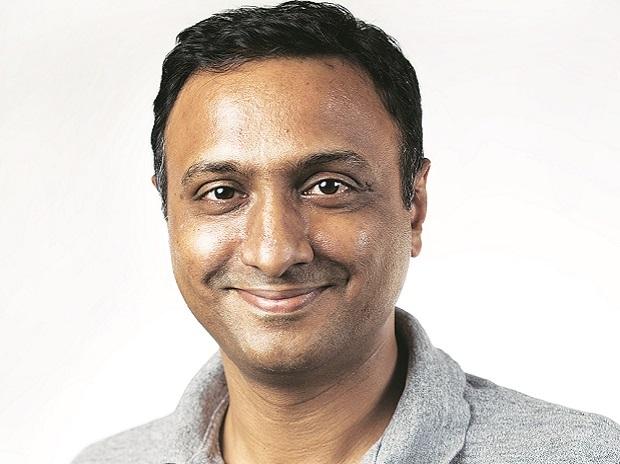[ad_1]
The 2023 Budget is forward-looking, inclusive, and empowering according to various technology and startup industry leaders. Finance Minister Nirmala Sitharaman presented the last full Budget of the government before the general elections 2024 on February 1.
Kalyan Krishnamurthy, the chief executive officer of e-commerce giant Flipkart Group said the seven focus areas or ‘Saptarishi’ outlined by the government are aligned with its resolve for a self-reliant $5 trillion economy by 2027.
“It pays special attention to developing infrastructure, fulfilling the dreams and aspirations of middle India, building climate resilience, supporting MSMEs and job creation,” said Krishnamurthy.
He also said that the Budget also stimulates the e-commerce ecosystem. He said it synergizes with Flipkart’s commitment towards giving MSMEs (micro, small and medium enterprises) pan-India market access and providing them with the necessary impetus for sustained growth.
He said the Budget emphasises the creation of a thriving digital economy and sustains the momentum of the government’s ‘Make in India’ initiative. With various steps outlined towards enhancing technological integration and propelling innovation, Krishnamurthy said the Budget significantly pushes towards creating a ‘Digital India’. “The provisions for simplifying regulations for doing business will also improve the process of starting and conducting business in India,” said Krishnamurthy.
Krishnamurthy said the focus on MSMEs, infrastructure development, and personal tax announcements pave the way for increased consumer affordability and consumption. “The large capital allocation to green energy and net zero objectives reflects the government’s seriousness in leading the world’s fight against climate change,” said Krishnamurthy.
Divya Gokulnath, Co-founder of edtech giant Byju’s was of the view that with a focus on digitalization and formalization, the budget is investing in digital public infrastructure. “This will position India for continued growth and competitiveness,” said Gokulnath. She said that education sector is a key area of investment, with the launch of PM Schools for Rising India, the recruitment of 38,800 teachers, and the establishment of a National Digital Library for children.
“These initiatives will help equip students with the skills and knowledge needed for success in the future,” said Gokulnath. “The emphasis on teacher training and innovative pedagogy will ensure that the quality of education in India continues to improve,” she said.
MD Ranganath, Chairman of venture capital firm Catamaran said the budget has clear goals for enhancing the ease of doing business. He said it has very progressive measures on creating world-class infrastructure in India and a path towards creating an equitable tax regime. “The measures announced for rural development and education will go a long way in creating a robust rural economy and skills for the manufacturing sector,” said Ranganath. He said the underlying theme of the budget is to make India a compelling destination for global capital and generate sustainable growth.
Beerud Sheth, CEO and Co-founder of conversational messaging unicorn Gupshup was of the view that Make AI in India and Make AI work for India will be transformational in bringing AI applications across sectors such as agriculture, healthcare, public transportation and education. “It’s a great bottom-up approach to bring institutions of high calibre and industry to work together on creating state-of-the-art AI products and services,” said Sheth.
Real-world evidence and a data-driven approach are important for India to make the next big digital health leap. In this direction, Manish Gupta, Chairman and CEO, Indegene Limited, said the budget proposes to promote research and innovation in pharmaceuticals through various centres of excellence. He said there are plans to set up dedicated multidisciplinary courses for medical devices in existing institutions.
Mayank Kumar, Co-Founder and Managing Director of edtech unicorn upGrad said that push on specialized education in nursing and medical devices, as well as the strengthening of teacher training, will help build a strong foundation for the country’s healthcare system.
“The promotion of online learning through Mission Karmayogi and the IGOT platform will further drive the adoption of digital technologies, even across rural and remote regions,” said Kumar.
[ad_2]
Source link



